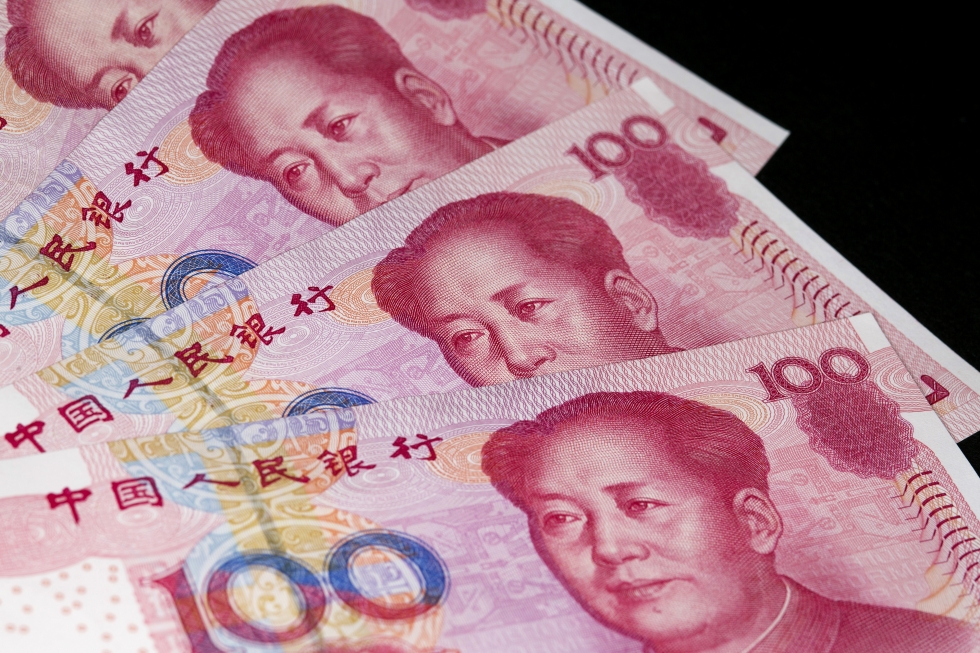BEIJING – In the vast expanse of China’s rural landscape, a silent crisis brews within the financial sector. The country’s smallest banks, once the backbone of local economies, are now teetering on the brink of collapse.
These rural banks, numbering around 3,800, are grappling with a staggering 55 trillion yuan in assets, which accounts for 13 percent of China’s total banking system. Mismanagement and risky lending practices have led to an accumulation of bad loans, with some banks reporting that non-performing loans constitute 40 percent of their portfolios.
The implications of this financial instability are profound. Rural banks play a crucial role in supporting small businesses and fostering local economic growth, particularly in China’s less affluent regions. As these banks buckle under the weight of toxic debts, their ability to provide new loans is severely compromised, leaving vulnerable firms without the necessary financial support to thrive or even survive.
The recent wave of bank collapses and mergers signals a shift in the landscape. In just one week, 40 banks disappeared, absorbed by larger entities in a bid to stabilize the system. Since 2019, several mid-tier banks have also succumbed to financial pressures. High-profile investment managers and state financiers have not been immune to the turmoil, with some experiencing their own meltdowns.
This banking crisis is intricately linked to China’s broader economic challenges, including the property sector’s downturn. Many rural banks have extended credit to real-estate developers and local governments, entangling themselves in the property crisis that has sent shockwaves through the nation’s economy.
Addressing this crisis is a delicate balancing act. The Chinese government faces the daunting task of cleaning up the financial mess without destabilizing the broader banking system or stunting economic growth in already struggling regions. The fate of these rural banks is more than a financial issue; it is a matter of social stability and equitable development.
As the situation unfolds, the world watches closely. The resolution of China’s rural banking crisis will not only determine the future of countless small businesses and local economies but also serve as a litmus test for the resilience of the country’s financial system. The path to recovery is fraught with challenges, but it is a necessary journey to safeguard the livelihoods of millions and the health of the global economy. (zai)

